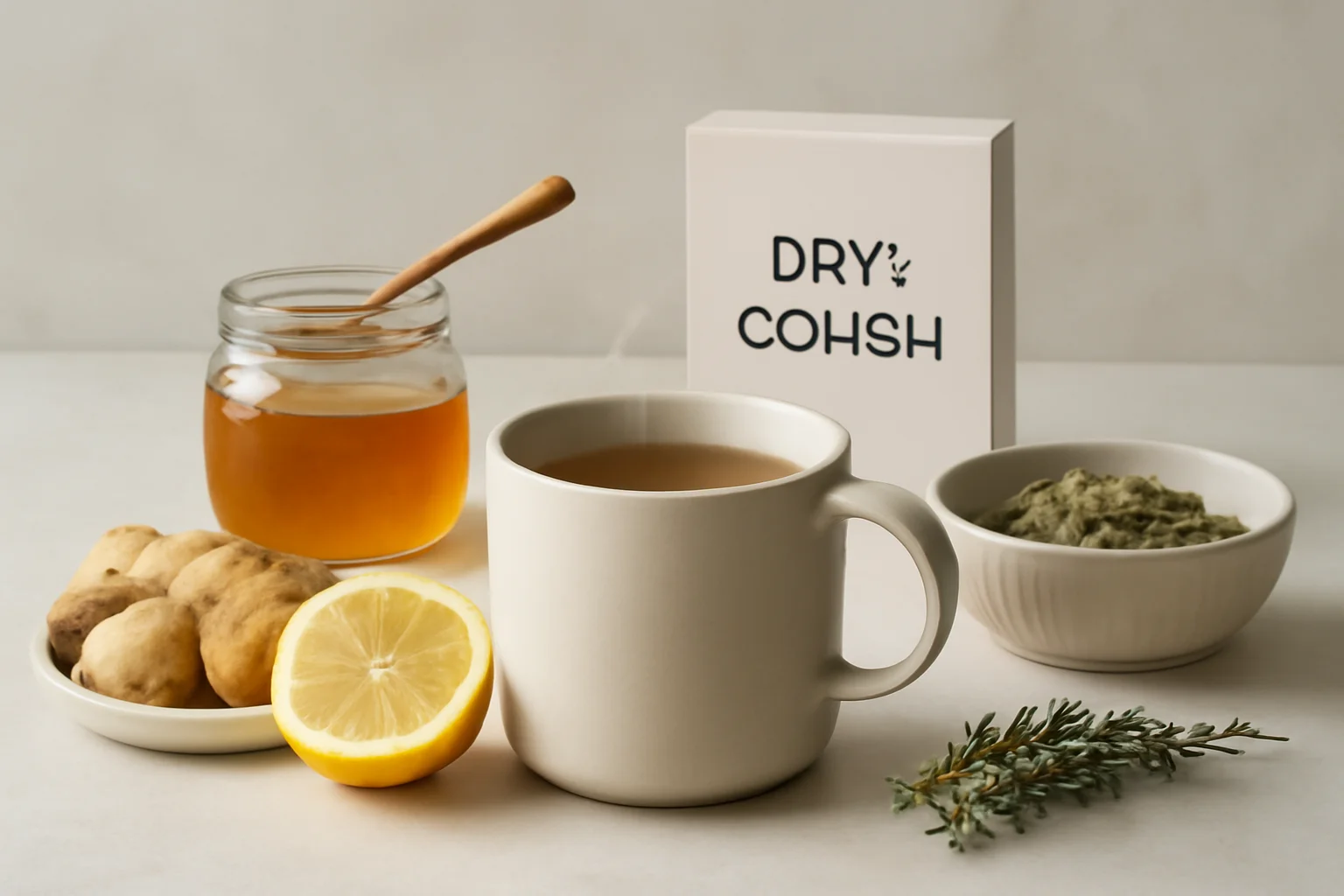
The beneficial effects and uses of lemon balm
The lemon balm (Melissa officinalis) is a popular herb that belongs to the mint family. Due to its fresh, citrusy aroma and flavor, many people use lemon balm in the kitchen, but it is also popular for its beneficial effects. According to millennia-old traditions, lemon balm has been used to treat various health problems, and modern science is increasingly discovering the advantages of this plant. Lemon balm is most commonly used in the form of teas, tinctures, and oils, but it can also be used fresh in foods and beverages.
Lemon balm is not only an aromatic herb but also rich in nutrients, vitamins, and minerals. The antioxidants and anti-inflammatory compounds found in it can contribute to maintaining the body’s health. Lemon balm is closely associated with relaxation and stress reduction, which is why many turn to it amid the challenges of daily life.
An increasing amount of research is focused on the effects of lemon balm, which cover a wide spectrum, from reducing anxiety to improving digestion. Below, we present the most important beneficial effects and uses of lemon balm in detail.
The Health Benefits of Lemon Balm
Lemon balm has numerous beneficial effects, one of the most important being the reduction of stress and anxiety. Research shows that consuming lemon balm extract can help alleviate anxiety symptoms. Compounds found in the plant, such as rosmarinic acid, may contribute to improving mood and maintaining mental well-being.
In addition, lemon balm may also be effective in treating digestive issues. The plant has a positive effect on the stomach and can help relieve bloating, abdominal pain, and heartburn. Consuming lemon balm in tea form is particularly popular, as the warm beverage can help soothe the stomach.
The antioxidant properties of lemon balm are also noteworthy. Antioxidants help neutralize free radicals, which can damage cells and promote the development of chronic diseases. Regular consumption of lemon balm may contribute to protecting cells and slowing down aging processes.
Lemon balm also has anti-inflammatory effects, which can help in treating inflammatory conditions such as arthritis. Consuming the plant extract may alleviate pain and swelling associated with inflammation, thereby contributing to freedom of movement.
Lemon balm also supports the quality of sleep. People often use lemon balm for insomnia or restless sleep, as it can aid in relaxation and stress reduction, promoting more restful sleep.
Usage in the Kitchen
Lemon balm is extremely versatile and can be used in many ways in the kitchen. One of the most popular forms is lemon balm tea, which, with its fresh, lemony flavor and aroma, is not only refreshing but also has health benefits. Preparing the tea is very simple: pour hot water over fresh or dried lemon balm leaves and let it steep for a few minutes before consuming.
Lemon balm can also be used in salads, where it can add freshness and flavor to dishes. Finely chopped, one or two tablespoons of lemon balm can be added to green salads, fruit salads, or even pasta dishes. Lemon balm also pairs excellently with fish dishes, especially baked fish, where its citrus flavor enhances the natural aromas of the fish.
Furthermore, lemon balm is popular in oil form and is used to flavor various dishes. When using the oil, it is important to use it sparingly, as its stronger flavor can easily overpower the natural taste of the dishes.
Lemon balm also shines in desserts. We can make lemon balm-flavored cakes, puddings, or even ice creams. The fresh leaves of lemon balm also make excellent decorations, adding a beautiful color and unique flavor to sweets.
Dried lemon balm can also be stored, allowing us to enjoy its beneficial effects even in winter. Dried lemon balm can be used as a spice and retains its aromas for a long time if stored properly.
The Use of Lemon Balm in Natural Medicine
Lemon balm is widely used not only in the kitchen but also in natural medicine. It has long been used in traditional medicine to treat various health problems. One of its most well-known uses is for reducing anxiety and stress. Lemon balm is often used for its calming effects, which can help those suffering from anxiety disorders.
The essential oil of lemon balm is also used in aromatherapy treatments, where inhaling the herb’s scent can aid in relaxation and stress reduction. When used in diffusers or as massage oil, lemon balm’s refreshing and calming effects come into play.
Lemon balm is also popular in treating digestive disorders. Consumed as tea, it can help alleviate bloating, heartburn, and various digestive problems. The active ingredients in lemon balm can stimulate the production of stomach acid, thereby facilitating digestive processes.
Additionally, lemon balm has beneficial effects on the skin. It can be used for various skin problems, such as acne or inflammatory skin diseases. Masks or tonics made from lemon balm can help cleanse the skin and reduce inflammation.
Lemon balm has antioxidant properties that can help protect cells and slow down aging processes. Regular consumption of lemon balm extract may contribute to maintaining skin elasticity and a youthful appearance.
Some studies suggest that lemon balm may also have positive effects on cardiovascular health. The compounds found in lemon balm can help reduce blood pressure and improve circulation.
Thus, lemon balm has numerous beneficial effects, but it is important to note that before using natural remedies, it is always advisable to consult a doctor, especially if we have any health issues.
*This article does not constitute medical advice, and in case of health problems, everyone should follow their doctor’s advice.*

